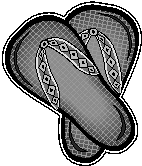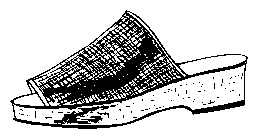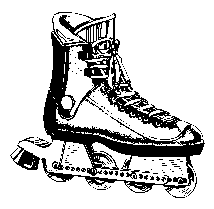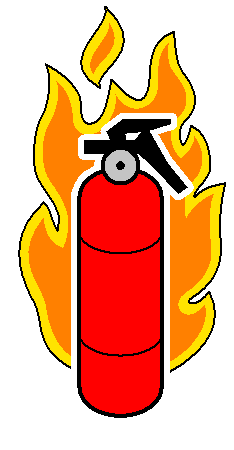Summer always brings a more relaxed atmosphere to UCLA. The dress is looser, the attitudes less serious, and the timing less hurried. Do not let this influence your attitudes on SAFETY, however. Accidents happen as frequently in the summer as any other time of the year. As a matter of fact, two of the biggest recent accidents in the Department happened in the summer. In the research and instructional laboratories in the Department of Chemistry and Biochemistry, closed toed shoes must be worn. Again, we seem to be bucking the fashion trend of open - toed shoes, sandals and even "flip-flops", but they are inappropriate for laboratory wear. The obvious reasons are that chemicals, spills, splashes, bottles, glass, and a wide variety of dangers exist for the feet.




